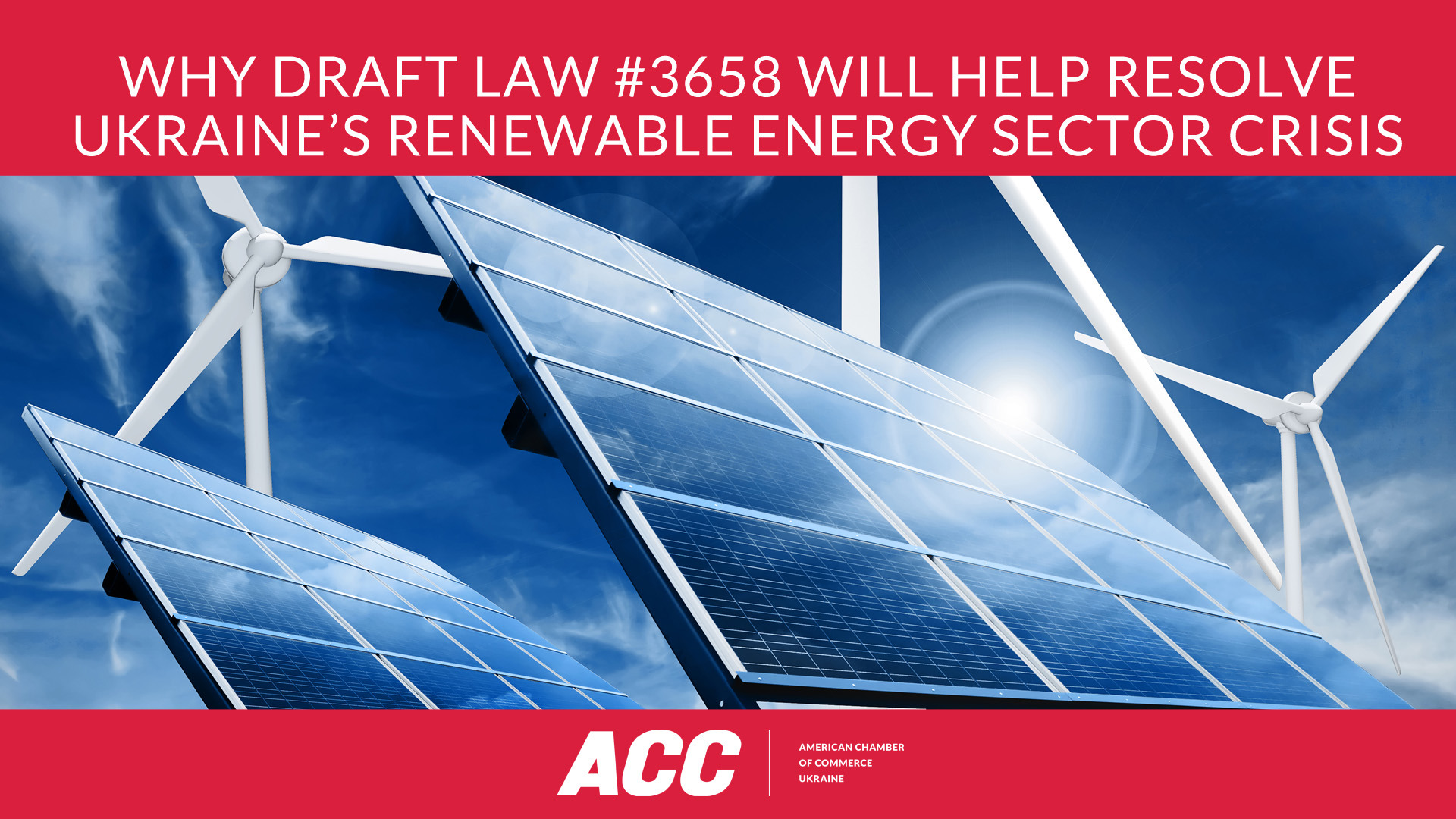The renewables industry acknowledges the recently signed sector-wide negotiated memorandum, which has so far been the most significant step forward toward finding an amicable way out of the renewable energy sector crisis.
However, a fully consensual agreement depends on agreement from the vast majority of investors. One of the redlines identified by many investors in the solar industry, which was not included in the Memorandum, is a 2-year extension of the Power Purchase Agreement (PPA) in the case of a 15% feed-in-tariff reduction for projects commissioned till the end of 2019. This would make the terms truly voluntary and restructuring, by encompassing the majority of solar investors as well as most wind investors.
The memorandum has brought parties closer to a consensus, but extending PPAs remains crucial for many solar investors and still needs to be considered by policymakers during the Parliamentary process when discussing Draft Law #3658.
The timely implementation of a Draft Law #3658 based on Memorandum terms before Parliament’s summer break is essential to avoid a high number of defaults in the sector. AmCham takes note that rendering the State Guaranteed Buyer solvent and reinitiating payment to renewables producers, which has been delayed for several months, is a crucial obligation of the Government under the reached agreement.
As the ultimate goal is a compromise solution that preserves investors’ confidence in Ukraine and minimizes potential arbitration cases, as well as avoids a unilateral imposition of severe tariff cuts that could create lasting damage to Ukraine’s fledging FDI environment, AmCham calls upon MPs to accelerate the adoption of the Draft Law #3658 and to ensure an acceptable environment for solar investors by addressing the solar redline issues in the Draft Law.
Time is of the essence. Failure to adopt this necessary legislation in a timely manner may put the whole sector in default. Meanwhile, the appropriate inclusion of the above mentioned redlines will result in a sector wide compromise, instead of what for many would be viewed as a unilaterally imposed legislation.




























